New Scientist covers the latest developments in science and technology that will impact your world. New Scientist employs and commissions the best writers in their fields from all over the world. Our editorial team provide cutting-edge news, award-winning features and reports, written in concise and clear language that puts discoveries and advances in the context of everyday life today and in the future.
Elsewhere on New Scientist
The fossil fuel diet • Food that is healthy for you can still be catastrophic for the planet
New Scientist
An out-of-this-world design
Bullying affects the brain for years • Enduring changes to the brain occur in people who are bullied and are different in males and females, finds Helen Thomson
De-extinction company claims it has a nearly complete thylacine genome
Tiny working motor made from parts of different bacteria
Harris vs Trump: The scientific stakes • The US presidential candidates differ widely on climate action and abortion access, but are more similar than they may seem on Big Tech regulation. New Scientist takes a look
Track record on science funding
Farming fish is worse for the environment than we thought
Writing backwards can trick an AI to reveal a bomb recipe
Folklore helps find ancient tsunami • An 8-metre wave seems to have hit Hawaii hundreds of years ago – as suggested by oral history
Invasive snake is surviving in Britain by living in attics
Pattern hides behind laws of nature • The symbols and mathematical operations used in key equations follow a mysterious law that could reveal something fundamental about the universe, finds Alex Wilkins
A cosmic alignment
Risk of peanut allergies on planes is overblown
Young puppies know to ask people for help
6G phone networks could be 9000 times faster than 5G
Warmer winters mean high plains may store less carbon
A mess of quantum disorder • Entropy equations produce different results in the quantum realm
Microplastics found in breath of dolphins
A new eye on the universe • First look at Euclid’s map of the cosmos reveals breathtaking glimpses of galaxies
Male mice flee to females when losing a fight
Strange brown dwarf is actually two separate stars
Trick could make computer calculations more accurate
Finding the spark • When award-winning author Will Eaves couldn’t write his next novel, he discovered creativity can be found in looking sideways at a goal
No planet B • Throwing shade Urban trees make a huge difference amid rising city temperatures, but we need to think a lot harder about what we are planting and where, says Graham Lawton
A sea of stars
Can AI rock your soul? • A moving exhibition explores what happens if AI is trained to write choral music by feeding it a specially created vocal dataset, finds Bethan Ackerley
Being Marie Curie • A rich biography shows how the pioneer of radioactivity used her lab to redefine the role of women in science, says Chen Ly
New Scientist recommends
The sci-fi column • Hot as hell A man and a young girl drive across a scorched Australian outback, like a scene from a Mad Max movie. Except that this is Juice, an extraordinary new novel by Tim Winton, and nothing is what it first seems, says Emily H. Wilson
Your letters
Black holes, inside and out • Physicists say they have resolved an infamous black hole paradox – although that has only deepened the mystery of what really goes on within them, finds Leah Crane
The twilight zone • A new understanding of the weird moments between wakefulness and slumber could enhance creativity and even lead to fresh treatments for some sleep conditions, says Graham Lawton
“We...
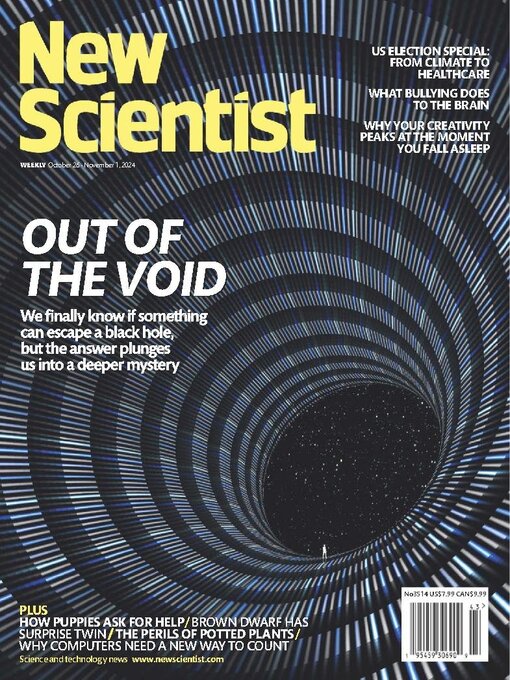
 Mar 22 2025
Mar 22 2025
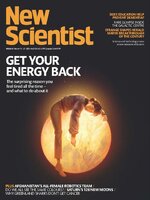 Mar 15 2025
Mar 15 2025
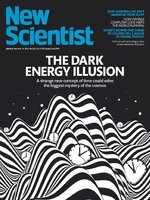 Mar 08 2025
Mar 08 2025
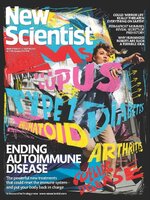 Mar 01 2025
Mar 01 2025
 Feb 22 2025
Feb 22 2025
 Feb 15 2025
Feb 15 2025
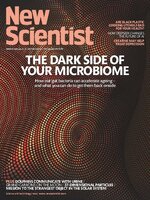 Feb 08 2025
Feb 08 2025
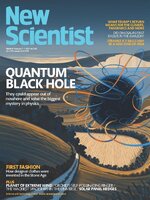 Feb 01 2025
Feb 01 2025
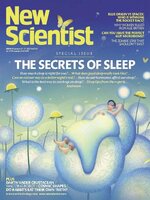 Jan 25 2025
Jan 25 2025
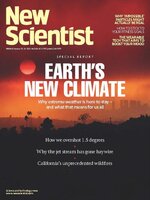 Jan 18 2025
Jan 18 2025
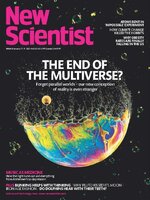 Jan 11 2025
Jan 11 2025
 Jan 04 2025
Jan 04 2025
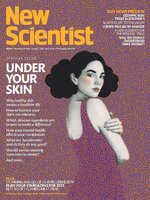 Dec 28 2024
Dec 28 2024
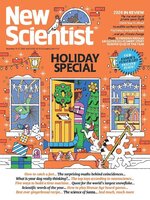 Dec 14 2024
Dec 14 2024
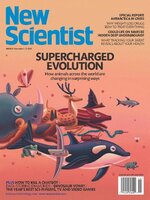 Dec 07 2024
Dec 07 2024
 Nov 30 2024
Nov 30 2024
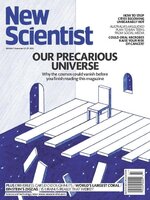 Nov 23 2024
Nov 23 2024
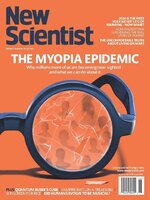 Nov 16 2024
Nov 16 2024
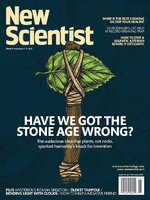 Nov 09 2024
Nov 09 2024
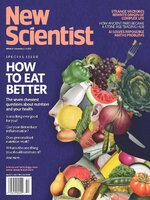 Nov 02 2024
Nov 02 2024
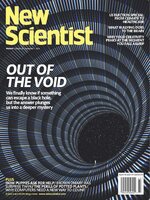 Oct 26 2024
Oct 26 2024
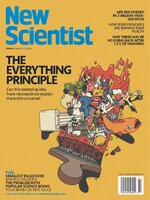 Oct 19 2024
Oct 19 2024
 Oct 12 2024
Oct 12 2024
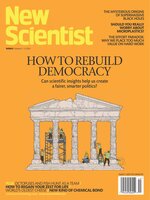 Oct 05 2024
Oct 05 2024